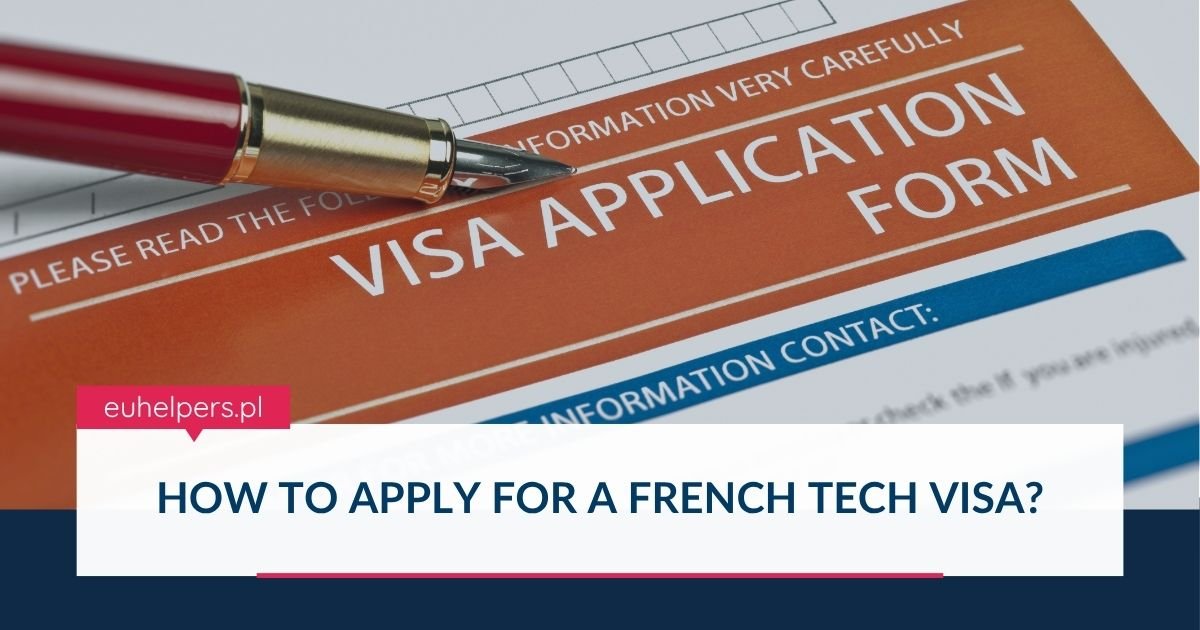The French Tech Visa offers a streamlined path for foreign professionals, entrepreneurs, and investors looking to live and work in France. Whether you're launching a startup, joining a French company, or investing in the economy, here's how the application process works in 2025.
Step 1: Validate Your Project or Employment Offer
Before beginning the visa process, you must secure approval or documentation relevant to your category:
-
Startup founders need official validation of their business plan by a recognized French authority (e.g., DRIEETS).
-
Employees must have a signed employment contract with a French employer that meets the required salary threshold.
Step 2: Apply for a Long-Stay Visa (Type D)
Once your project or job offer is confirmed, submit an application for a long-stay visa (visa de long séjour, type D) at the French consulate in your country of residence. Be sure to include all supporting documents and meet the eligibility criteria for your specific Talent Passport category.
Step 3: Register with the Local Prefecture Upon Arrival
After arriving in France, you must schedule an appointment and submit your full dossier to the local prefecture(administrative office) in the area where you’ll be living and working.
Step 4: Receive Temporary Residency Authorization
While your application is being processed, you'll be issued a récépissé—a temporary residency document that allows you to legally reside and work in France until your official card is ready.
Step 5: Obtain Your Talent Passport Residence Permit
Within 1 to 2 months, you'll receive your Talent Passport residence permit, a biometric plastic card valid for up to four years (renewable). This card grants you full working rights in France, along with the ability to bring family members under a simplified reunification process.
The French Tech Visa is designed to attract high-potential talent and innovators to France’s growing tech and business ecosystem. With a clear structure and long-term benefits, it’s one of the most entrepreneur-friendly visa options in Europe.

